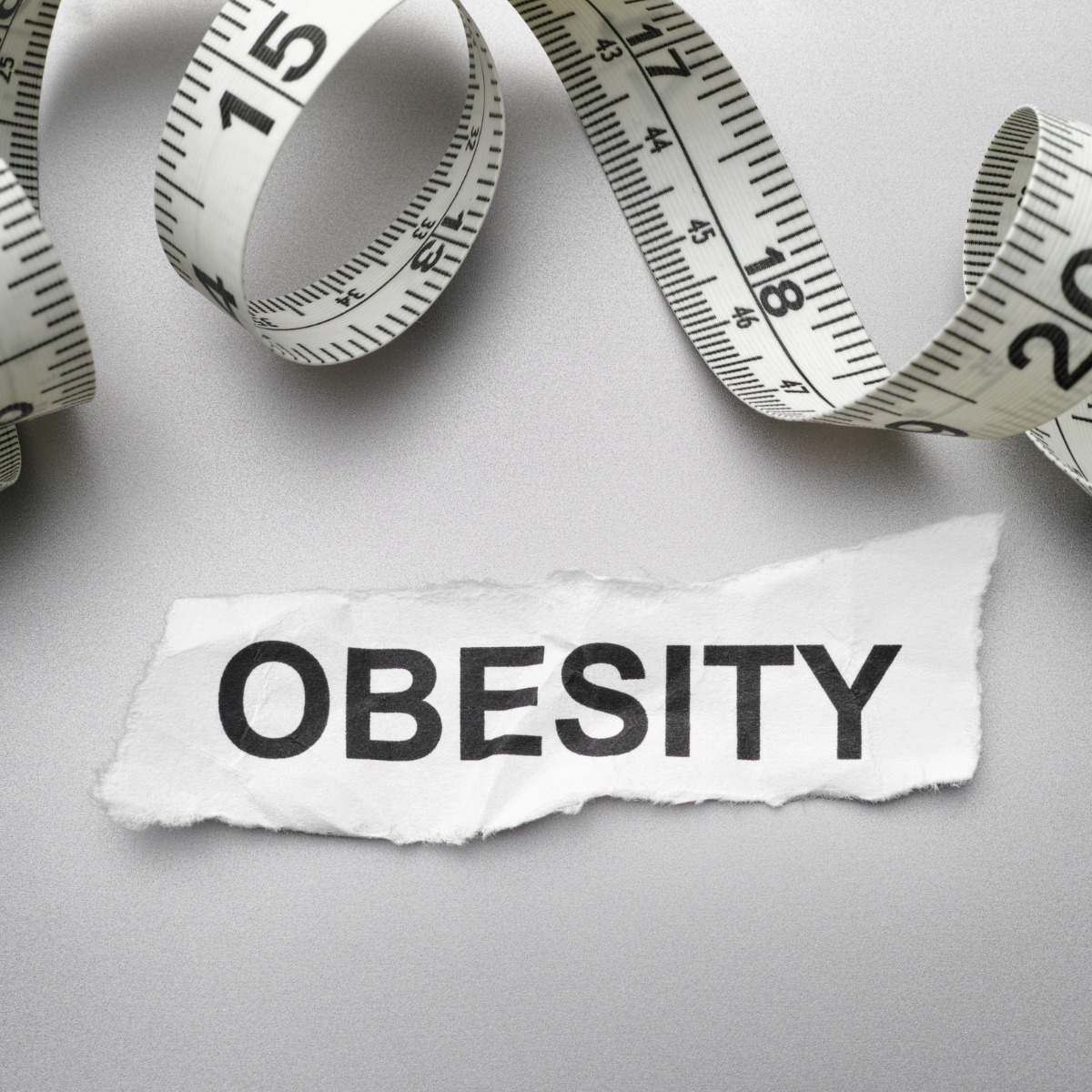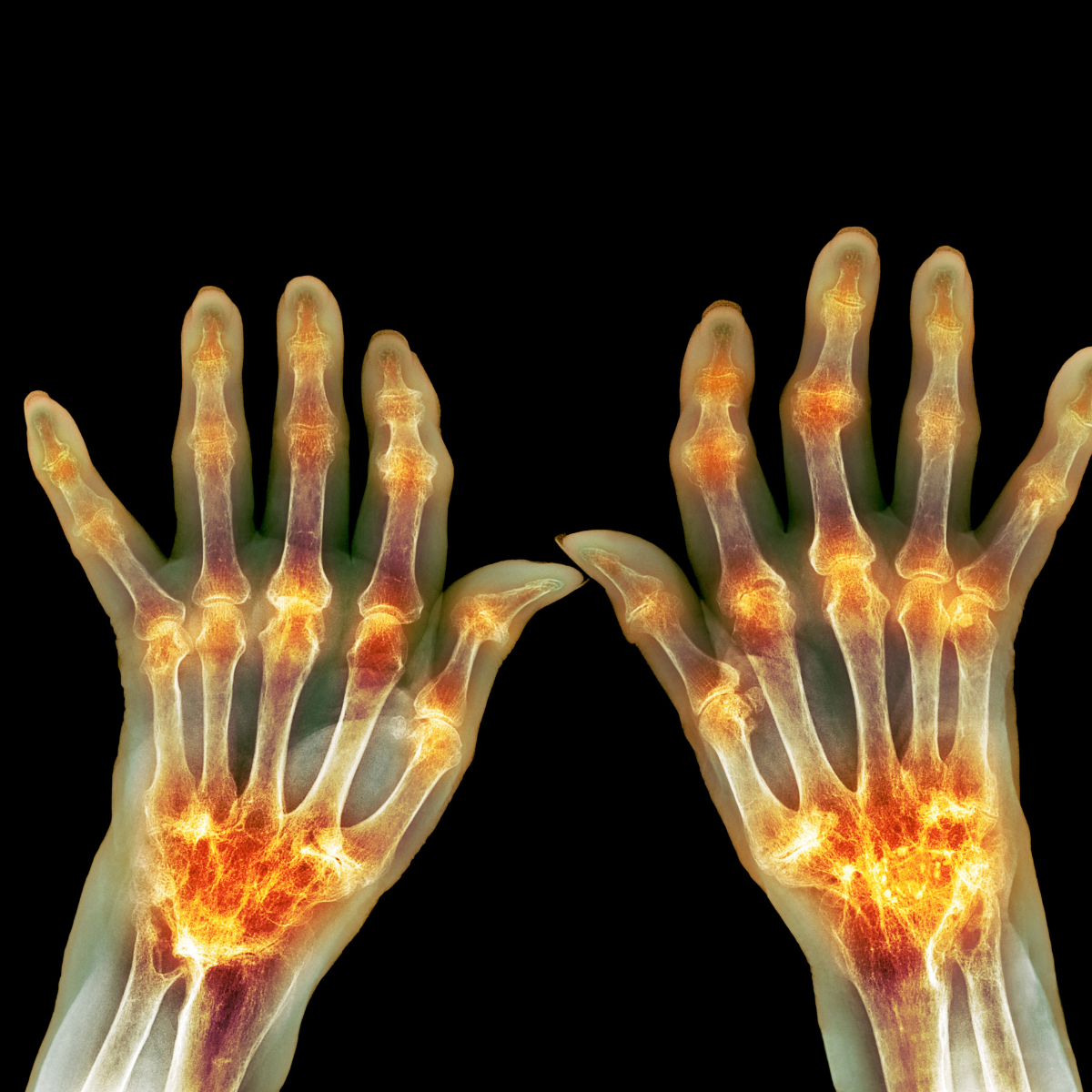
OBESITY
What is Obesity?
Obesity is a chronic condition marked by excessive fat accumulation that harms overall health. It is commonly defined using BMI (Body Mass Index):
-
Overweight: BMI ≥ 25
-
Obese: BMI ≥ 30
It's not just a bodyweight issue—it increases the risk of diabetes, PCOS, thyroid problems, cardiovascular disease, and fatty liver.
2. Disease Progression
Obesity develops gradually due to sustained calorie surplus over weeks, months, or years.
Progression includes:
-
Fat accumulation (especially visceral fat)
-
Hormonal imbalance (e.g., insulin resistance)
-
Chronic inflammation
-
Organ dysfunction and comorbid conditions
3. Root Causes
Dr. wadhavani emphasizes that there’s no one cause—obesity often results from a mix of:
-
Poor digestion
-
Eating beyond actual energy needs
-
Inadequate sleep and high stress
-
Lack of physical activity
-
Emotional eating or junk food dependency
-
Hormonal issues and gut imbalance
4. Prevalence
-
Over 650 million adults are obese globally (WHO)
-
In India, obesity is growing in both urban adults and children
-
Driven by sedentary lifestyle, screen time, processed food, and stress
5. Symptoms
-
Excess fat, especially around belly or thighs
-
Fatigue, low stamina, and breathlessness
-
Joint or lower back pain
-
Poor sleep (snoring, insomnia, or apnea)
-
Menstrual issues (PCOS)
-
Skin folds or dark patches
-
Low confidence or mood changes
6. Nutritional Approach
“Stop looking for shortcuts. No single drink, food, or pill will solve it.” — Dr. Wadhavani
The focus is on:
-
Building healthy habits, not temporary diets
-
Creating a calorie deficit
-
Shifting from "weight loss plans" to lifestyle change
7. Core Dietary Focus
-
Eat a balanced diet (carbs + protein + fat + fiber)
-
Don't eliminate food groups—moderation is key
-
Calories matter, but quality matters more
-
Diets must be customizable and sustainable to your lifestyle
8. Foods to Include
-
Whole grains like brown rice, oats, millets
-
Seasonal vegetables (raw & cooked)
-
Lean protein sources: eggs, chicken, dals, tofu
-
Healthy fats: nuts, seeds, ghee (in small amounts)
-
Fermented foods: curd, pickled veggies
-
Plenty of water and herbal teas
-
Fruits (whole, not juiced) in moderation
9. Foods to Limit
-
Refined sugar and sugar-sweetened beverages
-
Fried snacks and processed foods
-
High-fat sweets and desserts
-
Packaged foods with preservatives
-
Excess alcohol or sugary fruit juices
-
Overeating—even of “healthy” foods
10. Key Nutrients
Dr. wadhavani highlights these nutrients for effective fat loss and metabolic balance:
-
Protein: Helps maintain muscle during fat loss (eggs, pulses, lean meat)
-
Fiber: Keeps digestion and satiety in check (veggies, fruits, seeds)
-
Omega-3s: Reduces inflammation (flaxseed, walnuts, fatty fish)
-
Vitamin D: Supports hormones (sunlight, fortified foods
-
Probiotics & Prebiotics: Restore gut health (curd, banana, garlic)
-
Magnesium: Helps insulin sensitivity (green leafy veg, seeds)
11. Lifestyle Recommendations
“Exercise isn’t optional. Movement is how your body functions best.” — Dr. Wadhavani
-
Move for at least 45 mins daily (walk, dance, yoga, sport—whatever you enjoy)
-
Maintain a regular sleep cycle (quality matters more than early hours)
-
Reduce stress via journaling, hobbies, or meditation
-
Fix gut health to support metabolism and cravings
-
Stop chasing the scale—focus on consistency in habits
12. Monitoring & Tracking
-
Use a TDEE calculator to find your maintenance calories: TDEE Calculator
-
Eat in a calorie deficit (e.g., 500 calories less/day)
-
Track progress weekly:
-
Weight and waist circumference
-
Sleep quality
-
Energy levels and mood
-
Meal choices and digestion
13. Next Steps / Consultation
Dr. Wadhavani emphasizes that free diet plans won’t work unless they’re adapted to your life.
-
You can connect with his team of certified nutritionists for a free 30-minute consultation (link in his video description)
-
Build long-term habit change, not quick fixes
-
If you have PCOS, diabetes, or thyroid issues, seek professional help before starting
📅Click here to Book your free 30-minute consultation
📌 Final Words from Dr. Umesh Wadhavani:
“Weight loss is not the goal—it’s the side effect of a healthy, consistent routine.”











